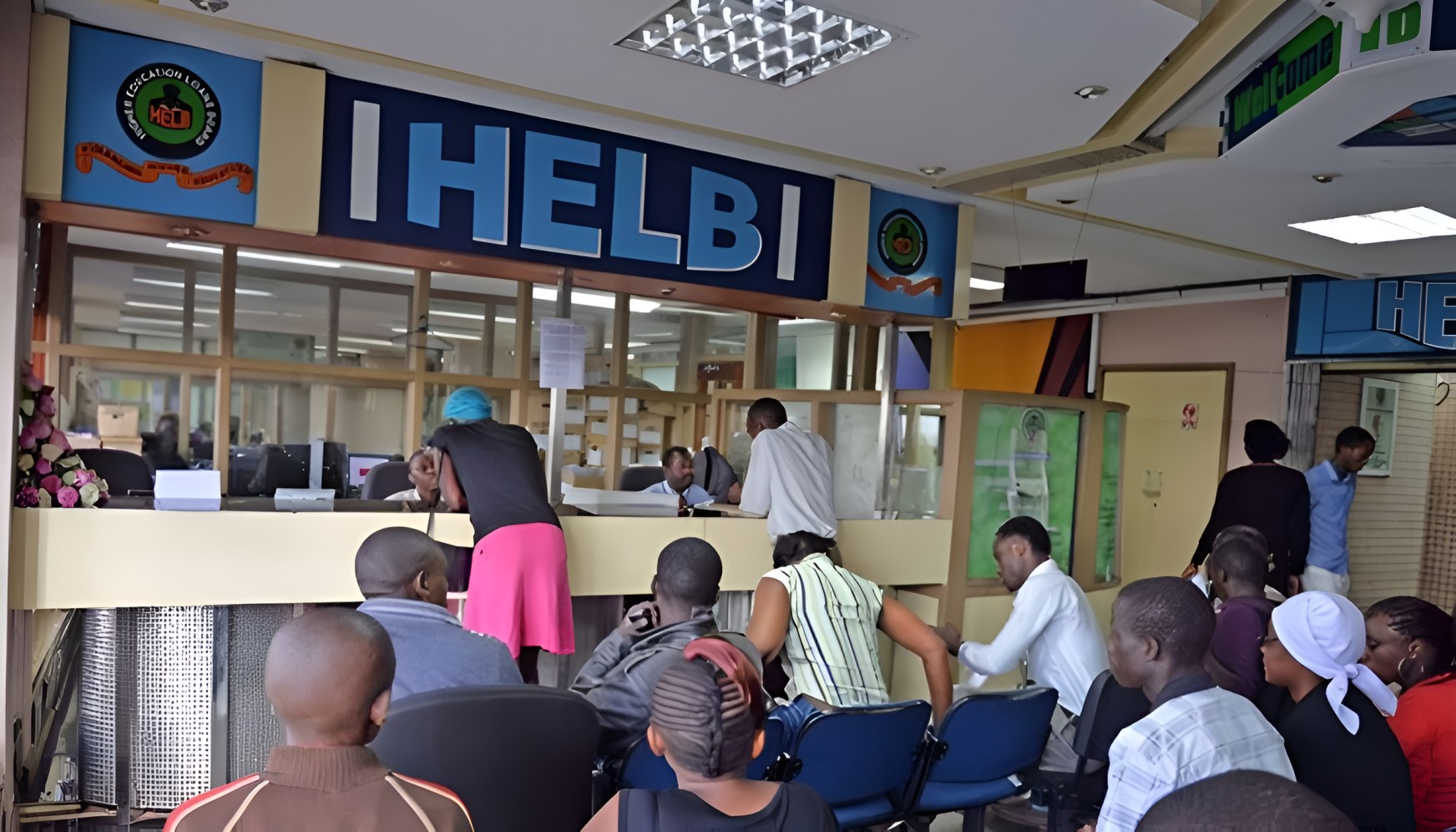Student loan uncertainty grows as HELB leaders contradict each other

HELB CEO Monari, while addressing Members of Parliament, warned that the board is grappling with a major shortfall of Sh12.9 billion, making it impossible to fund 100,000 new students.
Tension is brewing at the Higher Education Loans Board (HELB) after its top officials publicly contradicted each other on the agency’s ability to fund university and TVET students, exposing deep confusion at a time when thousands are struggling to access loans.
HELB Chairperson Ekwe Ethuro, speaking in an interview on Spice FM, claimed the agency is financially stable and the government has remained supportive in its allocations.
“HELB is not broke. It’s just like any other entity,” he said, adding, “We got Sh34.6 billion last year, and have been allocated Sh41 billion this year. Of course, demand is rising, but the government has been responsive.”
But in sharp contrast, HELB CEO Geoffrey Monari, while addressing Members of Parliament, warned that the board is grappling with a major shortfall of Sh12.9 billion, making it impossible to fund 100,000 new students in the current financial year.
“We needed Sh48 billion in the last financial year but received only Sh26 billion. Universities and TVETs are bleeding. We avoided protests, but the money is simply not enough,” Monari told the lawmakers.
He further revealed that many students were only supported with upkeep money, as the board lacked enough funds to pay tuition fees. “We paid upkeep for some, but not tuition. Second semester is worse, we haven’t paid tuition at all,” he said.
Ethuro dismissed the crisis as a routine budget gap that will be sorted as the academic calendar progresses. “This is how government works: you get an initial budget, and later you appeal for more. We still have time before the academic year starts,” he said.
He also corrected earlier figures mentioned by the CEO, clarifying that the reported budget gap stands at Sh12.9 billion, not Sh11 billion as previously stated.
The confusion extended to loan recovery efforts, where both leaders gave different impressions.
Ethuro praised the repayment rate, saying a majority of former beneficiaries are voluntarily settling their debts. “Many are willing to pay. Some walk in, ask how much they owe, and clear it. The challenges of recovery, we operate almost at 74 per cent performance. That is a good recovery percentage,” he said.
But Monari took a tougher stance, accusing defaulters of dodging repayment despite having the ability to pay. “We’re working with KRA and NTSA. Some have bought cars but won’t repay their HELB loans; that has to stop,” he said.
On the controversial new funding model that has drawn complaints from students and institutions, Ethuro said reforms are underway.
“Everyone who applies, we actually allocate. Given the concerns, Kenya is actually being revised. This new academic year, it will still be the same formula, but parameters must change, so that we capture all the concerns that have been raised,” he stated.
The conflicting remarks between the board’s top leadership now raise questions about HELB’s internal coordination and the future of thousands of students depending on the loans to continue with their studies.
